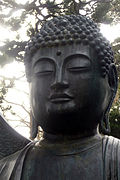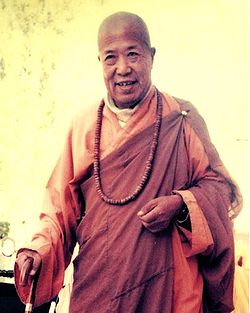See also: Zen in the USA and Buddhism in the United States
| Part of a series on |
| Western Buddhism |
|---|
 Statue of the Buddha in the Japanese Tea Garden, San Francisco |
|
|
|
General Buddhism |
Below is a timeline of important events regarding Zen Buddhism in the United States. Dates with "?" are approximate.



